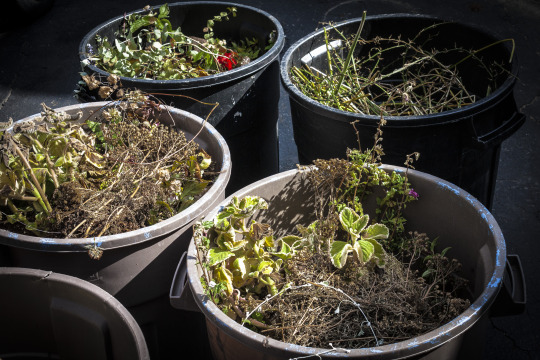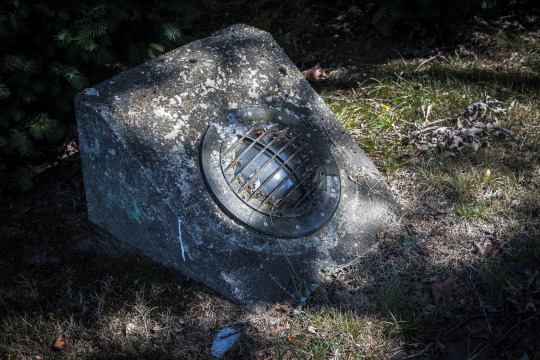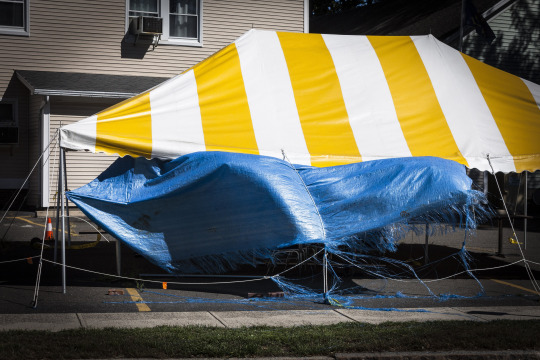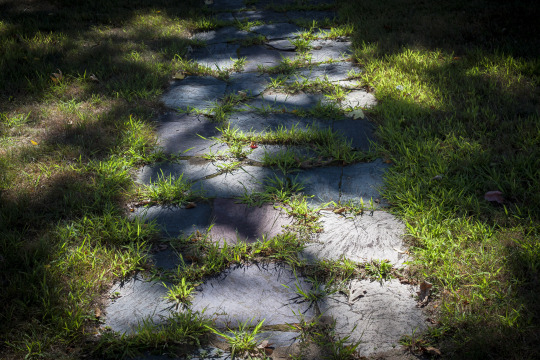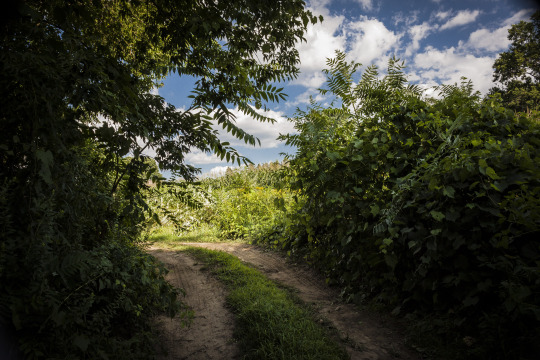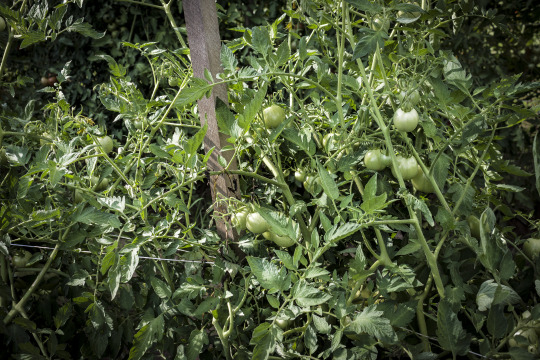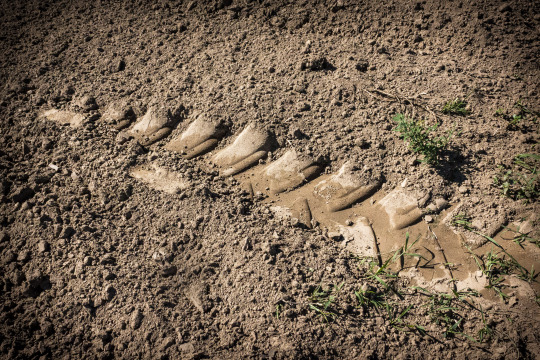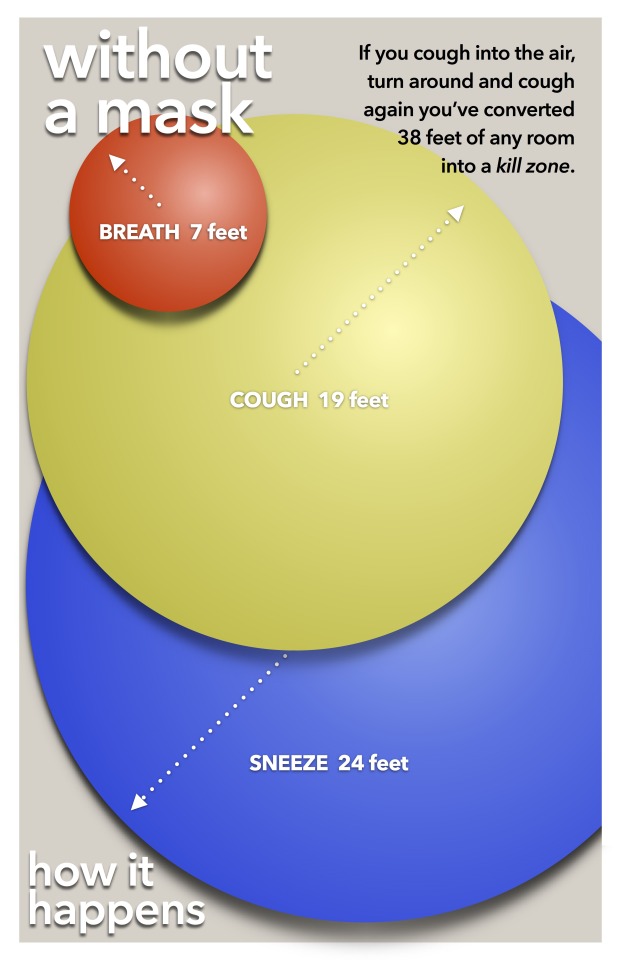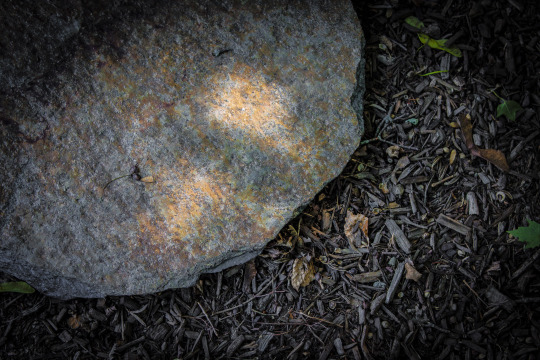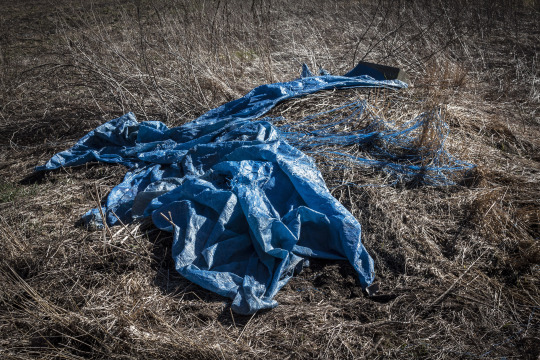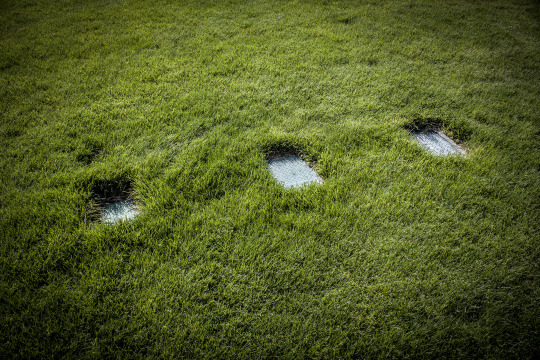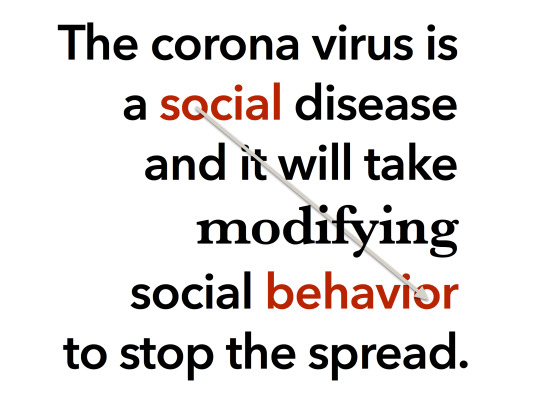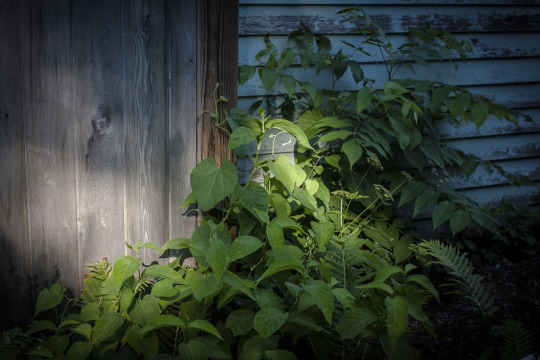Video
0 notes
Video
0 notes
Text
Just Finished Reading
The Zurich Axioms, Max Gunther 1972, 164 pgs.
The Art of Building Cities, Camillo Sitte 1889,127 pgs.
Undaunted, John O. Brennan 2020, 431 pgs.
The Storm Before The Storm, Mike Duncan 2017, 305 pgs.
0 notes
Text
What I’m Reading (finished)
Narrative Economics - Robert J. Shiller (Nobel Prize), 2019, 360 pages
What Is Narrative Therapy? - Alice Morgan, 2000, 130 pages
Memo To A College Trustee - Beardsley Ruml & Donald H. Morrison, 1959, 94 pages
Nudge - Richard H. Thaler (Nobel Prize) & Cass R. Sunstein, 2008, 271 pages
A More Beautiful Question - Warren Berger, 2014, 216 pages
Einstein’s Unfinished Revolution - Lee Smolin (Hampshire grad), 2019, 279 pages
Modern Money Theory 2nd ed - L. Randall Wray, 2015. 292 pages
The Rules of Contagion - Adam Kucharski, 2020, 266 pages
Good Economics for Hard Times - Abhiji V. Banerjee & Ester Duflo (Nobel Prize), 2018, 326 pages
0 notes
Text
Asked A Question
As students get ready to decide whether or not to go off to college I remembered this essay I wrote a while ago. ..........
I frequently ask prospective students what area of study they’re interested in. There are all kinds of responses back as you might imagine, but sometimes there seems to be more anguish than necessary, more uncertainty, more worry or a nervous blank look and no answer at all. Here’s a small hypothetical "welcome speech" to first-year students to help them think about how to stake out personal and intellectual turf. It posses that there is an important question that they will eventually confront.
Some time from now you will be asked a question. It may be eight years or fourteen months or two decades, but it will come. It will be the most important question you will ever answer. You may have studied it in school or you may never have thought about it at all. Either way you'll think, why are they asking me, but they are and you'll need to answer, because there'll be no one else.
Your response will save the life of your friend, your lover, your next door neighbor, the person at work you hate. Your answer will save the company you work for, the neighborhood you live in, your daughters school, the little park just down the street, New England.
The person who asks you the question will be your younger sister, the guy in the elevator, your best friend, the CEO of the company you work for, the woman in the car across the street, the governor of Massachusetts. They'll be depressed, crying, fearful, in pain, desperate, stoic, angry, or simply have a blank look on their face. You won't have time to look it up, ask someone else, talk it over, think it through or read about it on-line. Everything will stop. People will turn to hear your answer. Faces will lift. It will get a little quiet. Suddenly it will be now.
The question you will be asked is, "what should we do?" Your answer will change the course of your life and the lives of others for better or for worse. Will you be able to give that answer?
Is this actually going to happen? Maybe. But here's the "really scary" version – perhaps more likely is that no one will ask at all. People will just stand there frozen, uncertain, bewildered, baffled, trapped in the middle of a horrible, desperate situation and simply wait for something to happen. That's when you need to lead. Unasked, you have to step forward and say what you think we should do. Answering the unasked desperate question is the hardest thing in the world to do and the most important, but to be able to do it you have to prepare – starting now.
So that's why we're really here, to get you to a point later in life (maybe only weeks from now), where you could answer that question or even more importantly the unasked desperate question. If you want to change the world you need to get ready. You may not think you're up to it, but everyone here is. However, if you're just here to have a good time, later you're not going to be much help to anyone because you won't be able to answer the question – you didn't prepare, you didn’t learn enough, you didn’t grow, you didn’t gain enough confidence. You'll have small ideas and that great desperate question will just hang there – unanswered.
So what is it that you’ll have to learn to be able to answer that question? What is it that you’ll have to develop in yourself to be able to stand up and respond? Who will you have to become to be able to do all of it? There’s your curriculum. There are your learning goals. Find the questions that you want to be responsible for in the future. Don’t pick something trivial, choose to be responsible for ideas and actions that are truly important. Notice it’s not only knowing what the answer is, it’s also being able to convey that information to others in a persuasive way and do that right now.
Yes you could always just follow the crowd. Let them decide. But the crowd is frequently wrong due to lack of understanding or more pessimistically they’re led by hidden actors who don’t have our best interests in mind.
But wait, there’s one more thing. Not only do you have to be able to answer the question, you also have to be there, don’t you. Step forward. Get on the front line. Always be at the head of the crowd. Not only is it a better view, but you’ll understand more and have more influence. One day in the future, right there, right then, it could, you know, all come down to just you.
0 notes
Text
You’re Knocking on the Wrong Door
In this our new world it’s easy to become confused about what’s happening and forget what an effective response should be to a primary problem. Unfortunately we’ve lost track of what the primary problem is. We’re currently worried about enough hospital beds, ventilators, medical support items, and trained staff. That’s all medical and a distraction from the real problem. We should be worried about public health instead. The real goal is to stop the contagion. Unfortunately at this time there is no vaccine, nor treatment so the only tools at our disposal are “testing” and “keeping distance” – public health tools. “Testing” is for government and “keeping distance” is for individuals. Even more unfortunate our current government leaders are unschooled in how to effectively operate a governing system and are poor at leadership as well. Oh, and they don’t believe in science either. A remarkably bad combination.
The real problem is the spread of the virus, not surviving it. Surviving is important, but it’s not the primary problem. It’s a result. If you prevent the spread you mitigate a lot of the survival problems. However, if you spend time and energy on the survival portion you’ve done nothing about the spread and it only gets worse. Much worse. And it can get worse fast.
As innocent citizen bystanders all we can do is “wear the mask”, keep 6 to 10 feet apart and “stay at home” with only immediate family. What our government officials ought to be doing is testing all of us to find those who are carrying the virus and isolate them to “stop the spread”. Then we all wait until scientist develop a vaccine, it gets distributed and we start the long process of returning to a new normal.
Now that the “Re-Opening” has gone so wrong we’ve lost most of the benefit of the sacrifices of the lock-down and we’ll have to start over again. We’ll have to isolate ourselves again until the spread rate drops down to a number that can be “contact traced” effectively. Isolation and contract tracing will then allow us to reduce the rate of spread down to single digit numbers, not in the thousands. The only way that works is with strong testing capabilities which we currently don’t have and seem incapable of developing.
It’s always been about “testing to stop the spread”. The corona virus is a social disease and it will take modifying social behavior to stop the spread. That applies to both our government managers and individual citizens.
Test, Isolate, Trace.
0 notes
Text
We’re In It Now: part two
The overriding situation at this time is obviously working our way through a complex and frightening domestic/civic-justice disaster. It’s also an immersive advanced workshop in government, management, economics and philosophy unfolding in real time with real consequences. We should view this as an exercise in the fog-of-war lifestyle. But you’ve heard all of this before.
The world is seldom fully explained to us. Not only are future ramifications of events and actions unclear, but our grasp of what’s really happening is often vague and superficial. Our job is to wrestle with those imperfect perceptions and partial understanding in order to explore the mystery of not only what’s really happening, but what should we do about it next. Many things stand in our way.
Sounds familiar, right? Not only are we here again; we never left. It’s all one thing unfolding obscurely before us with both imaginary and real consequences. Our behaviors cause a feed-back loop affecting what’s happening, altering or hopefully filling in our incomplete understanding.
Truncated conversations among media, local, state and federal governments, friends, family and that ingrained voice of a long forgotten civics class from grade school all urge us to do the right thing. It’s just there are so many versions of what that is. Expectations of ourselves and others bounce back and forth acquiring differing meaning and import each day. What a disaster. What a success. How embarrassing as a nation. How proud we should be of our citizens. Rioting. Demands for real justice. It’s all flux.
It’s surprising how what we think we understand keeps changing and consequently alters our choice of what is an appropriate response to that ever changing imperfect understanding; all with in a short time span. And then the cycle repeats again. Stir in the history that some of us have already lived through (perspective) as a bitter flavor ingredient and the pot boils once more.
We can usually figure out how to get through today (forget the fact that we may not actually remember what day of the week it is), maybe even tomorrow, but next week and certainly the week after that seem unimaginable. How will we get from here to there safely and with hope?
As we analyze situations we should at intervals ask ourselves who’s in charge now and what are their goals and associated metrics? What do I support and what do I oppose? Are we counting what we value or just what’s easy to count? Are we interested in outcomes or checkboxes?
The unfolding of events is really an interaction between actors and responders. Call and response, action and reaction. Each group has it’s own motivations, methods and toolkit to draw from. Some mesh well while others devolve into oppositions and conflicts.
Sometimes problems arise because the players aren’t actually playing the same game even though we’re all on the same playing field. What reads as legitimate behavior in one game is way out of bounds when played in another game. The troublesome part is that there are multiple teams in each situation so we end up with a web of intricate cross connections, motivations, rules and actions/reactions.
Not so surprisingly there are often hidden actors as well whose unseen moves confuse and deflect or focus and support the actions of others. Hidden actors have an additional advantage of being able to stop and walk away or simply pause their play for an interval either as a tactic or to step back and create think time. Hidden actors: few, economical and unnoticed may sound paranoid, but that doesn’t mean that they’re not there. There’s a thin space between being a player and being played.
Though we all cringe when politicians talk about “battle-space”; the fight for domestic justice has become our “new civics” protest-space that encompasses not only who controls public spaces, but the public mind as well and we should again ask who’s in charge now and what are their goals.
Show me your hands. Show me your metrics!
0 notes


